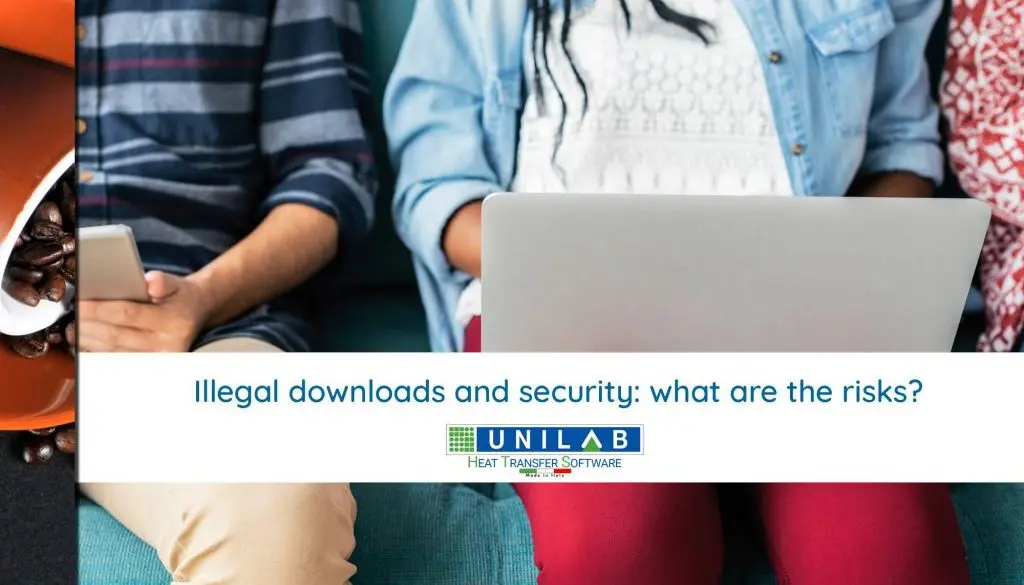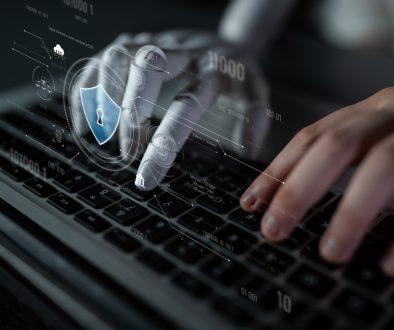Illegal downloads and security: what are the risks?
According to the BSA (Business Software Alliance), the download of a pirated and illegal program increases the likelihood of both a PC’s security being compromised and the risk of it becoming infected by a virus or malware.
There was an example of this a few years ago, with the spread of a pirated version of Windows, which contained Citadel: a latest generation Trojan which succeeded in invading around five thousand computers.
Between 2008 and 2009, it was the turn of Conficker, which in a very short period of time managed to infiltrate the PCs of users worldwide, causing considerable damage and a range of issues.
According to the FBI, users should not trust un-licensed programs, available on circuits such as Torrent, because IT pirates are able to manipulate their code, making it difficult for antivirus software to identify the threat.
As regards the relationship between the download of an illegal program and the chance of being infected by a virus or malware, thanks to the BSA research project ‘Un-licensed software and threats to cyber security’ we know that in 2013:
- in the USA, pirated programs constituted 18% with an amount of new malware equalling 13% every three months;
- in Indonesia the numbers rose to 84% and 44% respectively;
- while in Brazil the situation remained at mid-levels with 50% and 30%.
By combining this data with other information it has been calculated that the correlation coefficient between illegal programs and computer infection corresponds to 0.79%. This figure is totally un-justified, especially now that users can choose software versions which include every possible functionality and are completely free.
A 2014 study by IDC confirmed a close correlation between large numbers of viruses and un-licensed programs, based on an analysis of the situation in European, American and Asian nations. According to the findings, it was shown that the use of illegal software results in a 1 in 3 chance of a malware attack.
That is not all however: according to a recent survey involving a thousand computer owners using un-licensed software, 1 in 5 has been the victim of a virus, 2 in 5 have suffered PC slow-downs and 1 in 10 admitted having had cause to destroy pirated software.
In addition to the above, researchers at the Kaspersky Lab have worked out how certain cyber criminals have recently been spreading clandestine systems which allow them to exploit other people’s PC’s in order to create Cryptocurrencies and ‘earn’ money on the backs of their oblivious victims.
One of the most commonly-used techniques consists of creating sites where it is possible to download pirated programs, which once downloaded, infiltrate the users’ computers with the installation of special mining software.
Once this has been done the miners start to work silently, preventing the PC owners from realising what is really happening (the users do not even know that they have now suddenly become part of a pool).
Although such systems do not present huge risks to the victims, they are still able to slow down the speed of devices targeted, while at the same time increasing their power consumption. To avoid this, it is sufficient to:
- avoid downloading software of dubious origin;
- install security tools such as Kaspersky Internet Security or Kaspersky Free.
These are the principal consequences resulting from the download of an illegal program: effects which can be avoided simply by choosing non-pirated software.
Translated by Joanne Beckwith







